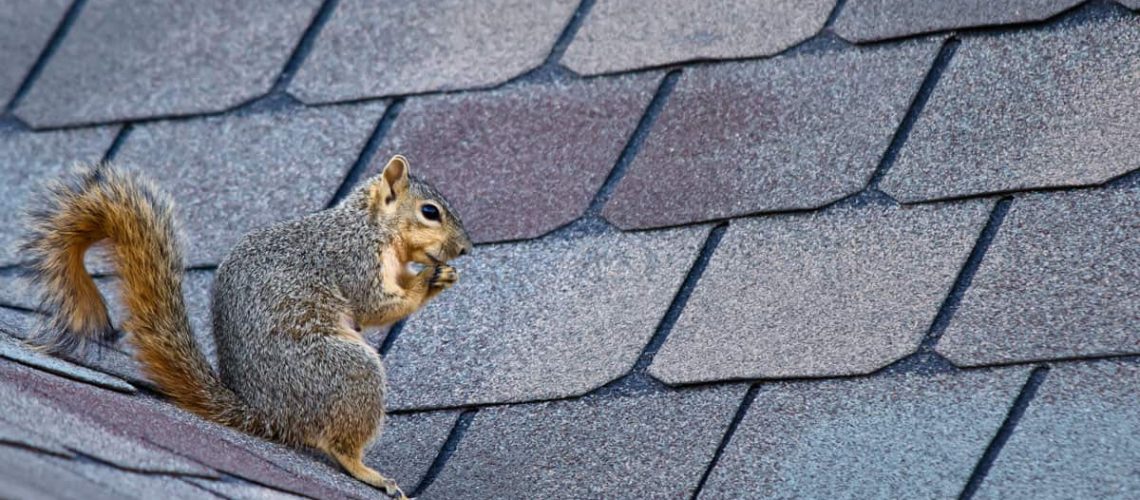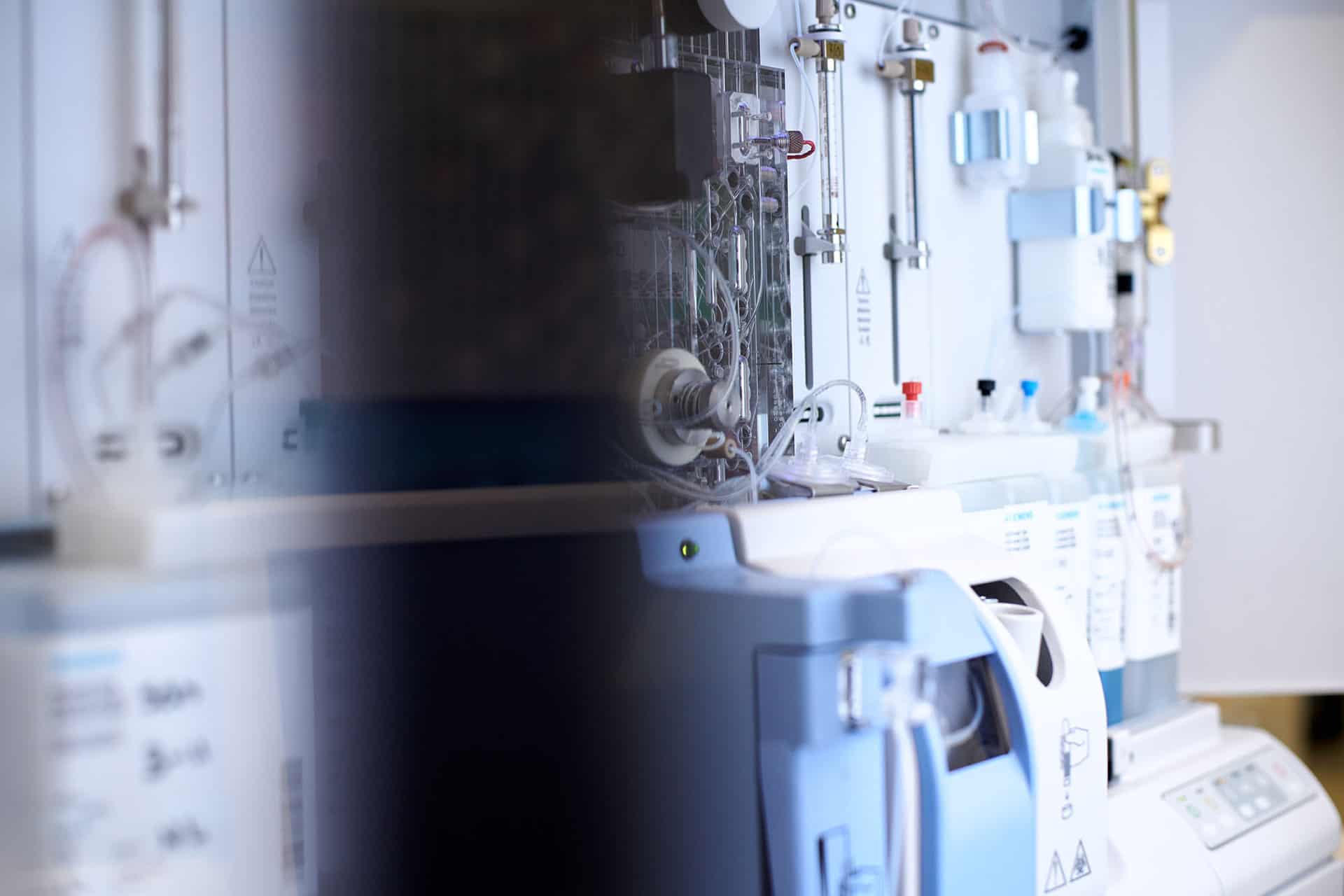As someone with a lot of experience repairing roofs, I can tell you that a leaky roof is no laughing matter. It’s a problem that needs to be addressed as soon as possible, as it can lead to serious structural damage and pose health risks to the occupants of the home.
Now, when it comes to fixing a leaky roof, the big question on many homeowners’ minds is whether the whole roof needs to be replaced or if a simple repair will suffice. And let me tell you, the answer isn’t always straightforward. There are several factors to consider, such as the extent of the damage, the age of the roof, and the type of roofing material used.
In this article, I’ll be sharing my insights on this matter based on my decades of experience in the roofing industry. So, if you’re dealing with a leaky roof, buckle up and get ready to learn whether a total replacement or a repair is the way to go.
How to Identify a Roof Leak
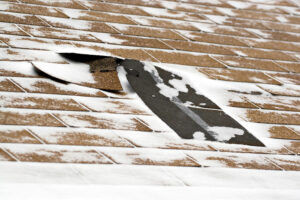 Identifying a leaky roof is essential to prevent further damage and costly repairs. The following signs can help you identify whether your roof is leaking:
Identifying a leaky roof is essential to prevent further damage and costly repairs. The following signs can help you identify whether your roof is leaking:
- Water Stains: Water stains on the ceiling or walls are a clear indication of a leaky roof. These stains can be yellow, brown, or rust-colored and may have a ring shape.
- Dripping Water: If you notice water dripping from your ceiling or down your walls, it’s a sign that your roof is leaking. This is especially common during heavy rainfall.
- Damaged Shingles: If you see missing, cracked, or warped shingles on your roof, it’s a sign that they are no longer properly protecting your home from the elements.
- Granule Buildup: If you notice granule buildup in your gutters or around the perimeter of your home, it’s a sign that your shingles are deteriorating and may be allowing water to seep through.
- Musty Odors: If you smell a musty odor in your home, it may be a sign of mold growth caused by a leaky roof.
If you notice any of these signs, it’s crucial to take action immediately to prevent further damage. Contacting a professional roofing contractor to assess the damage and recommend the best course of action is highly recommended.
Roof Repair vs. Replacement
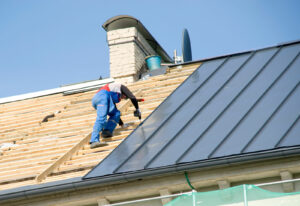 When faced with a leaky roof, homeowners must decide whether to repair or replace their roof. Several factors should be considered when making this decision, including the extent of the damage, the age of the roof, and the type of roofing material used.
When faced with a leaky roof, homeowners must decide whether to repair or replace their roof. Several factors should be considered when making this decision, including the extent of the damage, the age of the roof, and the type of roofing material used.
Minor leaks that are caught early can often be repaired, and this may be the best course of action if the damage is localized and not widespread. However, if the damage is extensive, it may be more cost-effective to replace the entire roof rather than continuously patching up the leaks.
The age of the roof is also a critical factor to consider when deciding between repair and replacement. If the roof is close to the end of its lifespan, it may be better to replace it rather than investing in costly repairs that may only temporarily solve the problem.
The type of roofing material used can also impact the decision between repair and replacement. For example, asphalt shingles are typically less expensive to repair than metal roofs or tile roofs.
In general, it’s always best to consult with a professional roofing contractor to assess the damage and recommend the best course of action. A reputable contractor can provide a detailed estimate for both repair and replacement options, allowing homeowners to make an informed decision that fits their budget and needs.
When The Entire Roof Must Be Replaced
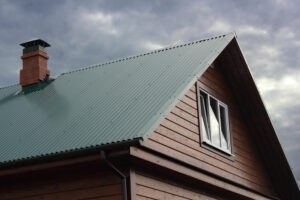 In some cases, a leaky roof may be beyond repair, and a full roof replacement may be necessary. Some signs that a total roof replacement is required include:
In some cases, a leaky roof may be beyond repair, and a full roof replacement may be necessary. Some signs that a total roof replacement is required include:
- Extensive Damage: If the roof has extensive damage or if leaks are present in multiple areas of the roof, a replacement is often the best solution.
- Old Age: If the roof is nearing the end of its expected lifespan, a replacement may be necessary to ensure the home is adequately protected.
- Structural Issues: If there are structural issues with the roof, such as sagging or cracking, a replacement may be necessary to ensure the safety of the occupants.
- Energy Efficiency: Older roofs may not be as energy-efficient as modern roofing systems, and a replacement may be necessary to improve the home’s energy efficiency.
When replacing a roof, homeowners have a variety of options when it comes to roofing materials. Asphalt shingles are the most common roofing material used in the United States due to their affordability and ease of installation. However, metal roofing, tile roofing, and other materials may be appropriate depending on the climate and style of the home.
It’s important to work with a reputable roofing contractor when replacing the roof to ensure the job is done correctly and to avoid any further damage or issues down the line. A professional contractor can help homeowners select the best roofing material for their needs and budget and can provide a detailed estimate for the project.
Can I Fix a Roof Leak Myself?
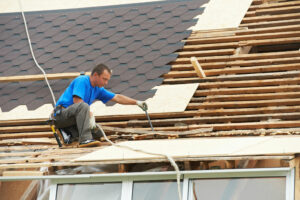
Fixing a roof leak yourself may seem like a cost-effective option, but it’s essential to consider the potential risks and drawbacks before attempting to do so. Roofing is a specialized skill, and attempting to repair a leak without proper training and experience can lead to further damage or even personal injury.
Here are some potential risks of fixing a roof leak yourself:
- Personal Injury: Climbing onto the roof can be dangerous, particularly if you’re not accustomed to working at heights. Falls from a roof can cause severe injuries or even death.
- Further Damage: Attempting to repair a roof leak without proper training can lead to further damage to the roof or even the interior of the home. If the repair is not done correctly, water can continue to leak into the home, causing structural damage, mold growth, and other issues.
- Warranty Concerns: Most roofing warranties require professional installation and repairs. Attempting to fix the leak yourself may void the warranty, leaving you responsible for any future repairs or replacement costs.
In general, it’s best to leave roof repairs to the professionals. A reputable roofing contractor has the training, experience, and equipment necessary to identify the cause of the leak and fix it properly. Additionally, working with a professional can provide peace of mind that the repair is done correctly, and any potential warranty concerns are addressed.
If you suspect a leak in your roof, contact a professional roofing contractor to assess the damage and provide recommendations for repairs or replacement.
